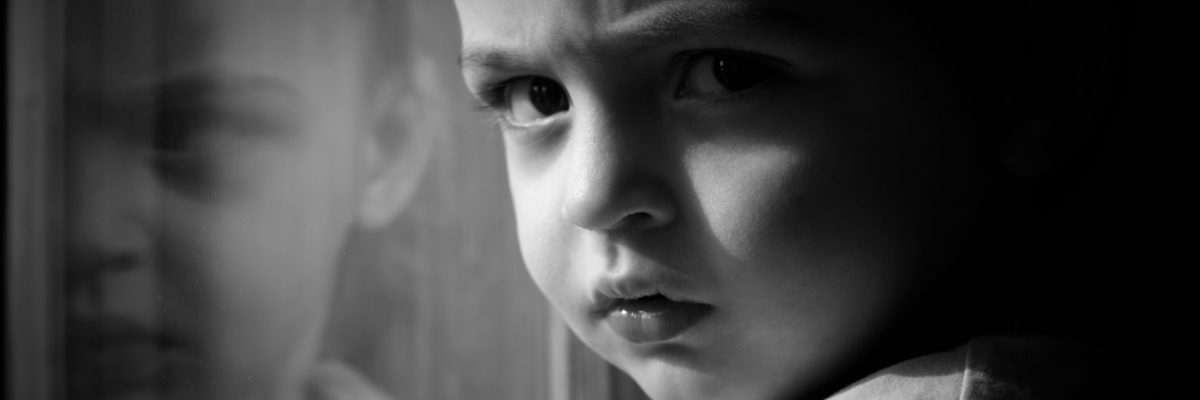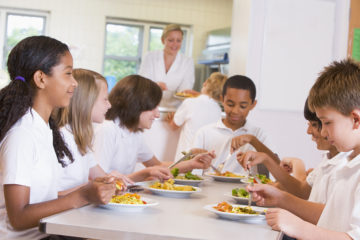NASUWT is clear that one of the most profound and damaging consequences of child poverty is the impact it has on pupils’ educational attainment, their wider wellbeing and their future life chances.
Prior to the beginning of the Covid-19 pandemic, levels of child poverty in the UK were entirely unacceptable.
Evidence from the Child Poverty Action Group confirms that in 2019/20, 4.3 million children were living in poverty in the UK. Children of lone parent or large families and Black children are among those at greater risk of living in the most economically disadvantaged households. In the same time period, three quarters of children lived in homes where at least one adult was in employment.
Given this picture, it is profoundly concerning that the pandemic has compounded the financial pressures on many households. As we now face a cost-of-living crisis, an overwhelming number of families are struggling with financial hardship and growing levels of deprivation.
Demonstrating this, a study of families on low incomes undertaken by the Child Poverty Action Group in November 2020 found that nearly nine in ten families had experienced a significant deterioration in their living standards compared to before the pandemic. The same study found that almost six in ten families were experiencing difficulties covering the cost of three or more essentials, including food, utilities, rent, travel or child-related costs.
The Union has campaigned consistently for more effective action to ensure that no child grows up in circumstances where they are deprived of the economic, social and cultural resources they need to thrive and make the most of their potential.
Key NASUWT campaigns and research have focused on the costs families face in providing education to their children and the implications for young people of financial hardship.
Our work is explored in more detail below.
Maintaining world-class education
The NASUWT vision for education addresses children’s experiences both in and at school, as well as in their lives beyond school, while recognising the interconnections between both aspects. We have addressed the issue of tackling child poverty in the union’s framework for ensuring we maintain world-class education for all children and young people beyond Covid-19.
We have called for a reversal on the ending of the £20 per week uplift to Universal Credit and tax credits, an enhancement of other child-related benefits and the removal of current arbitrary benefits caps.
The pandemic highlighted and deepened the financial pressures that many post-16 students and their families experience. These pressures are worsening for many as a result of the continuing cost-of-living crisis. The Union is concerned by mounting reports that growing numbers of post-16 learners are dropping out of education and training to take up paid employment just to make ends meet.
NASUWT continues to call for the reintroduction of the Education Maintenance Allowance programme, scrapped in 2011, to ensure that young people are supported financially and are not driven away from education and training as a result of financial hardship.
Period poverty
Period poverty does not end with free tampons and sanitary towels. Many students will need access to other products in order to feel empowered to attend school during their periods.
We want governments and administrations to extend funding to cover items such as soap, underwear, tights and clothes to ensure personal dignity and that no student misses out on their education due to their period.
NASUWT will be campaigning for this, including lobbying activities and member engagement to understand the impact this issue can have on girls’ education.
Combatting digital poverty
The pandemic has highlighted the extent of digital poverty and exclusion among children and young people across the UK. Too many learners still cannot access the range of digital opportunities available to their peers.
NASUWT will be campaigning to eliminate digital discrimination and harassment on grounds of protected characteristics and to promote the use of equality impact assessments for the use of virtual learning environments.
Accessibility to free school meals
NASUWT recently joined with other unions and organisations to call for free school meals to be provided to all children from families receiving Universal Credit in England.
NASUWT asserts that a good-quality school meal can help improve children’s concentration and behaviour during lessons. Our members can also attest to the effect they can have on improving school attendance, on children’s health and on academic performance.
The escalating cost-of-living crisis has led to more families struggling to afford school lunches, even though their circumstances mean they fall outside the restrictive free school meal eligibility criteria.
Expanding entitlement to free school meals would have significant benefits in terms of pupils’ health, wellbeing and educational attainment, particularly at a time when many families are finding it increasingly difficult to afford to put food on the table.
Hygiene poverty
We have supported the ‘Clean Up Child Hygiene Poverty’ campaign led by smol and The Hygiene Bank Charity. The campaign is raising awareness of the growing issue of child hygiene poverty and the fact that UK school staff are now spending over £40 million from their own pockets to keep children in their classrooms clean.
One in four households with children live in hygiene poverty right now - which brings children and young people the daily reality of being bullied, missing school, hiding away from their peers and losing out on learning.
NASUWT believes no child should suffer the shame and embarrassment of coming to school in dirty and unwashed clothes because their family either can’t afford to wash them or don’t have enough money for spare items of school uniform, which are becoming increasingly expensive for many. It is undeniable that teachers are having to pick up the pieces of rising levels of child poverty caused by the worst cost of living crisis in half a century.
The union has welcomed the new government’s pledges to tackle this issue and we want to see them look carefully at the issue of hygiene poverty and take steps to address this as part of the Child Poverty Taskforce.
Your feedback
If you require a response from us, please DO NOT use this form. Please use our Contact Us page instead.
In our continued efforts to improve the website, we evaluate all the feedback you leave here because your insight is invaluable to us, but all your comments are processed anonymously and we are unable to respond to them directly.




